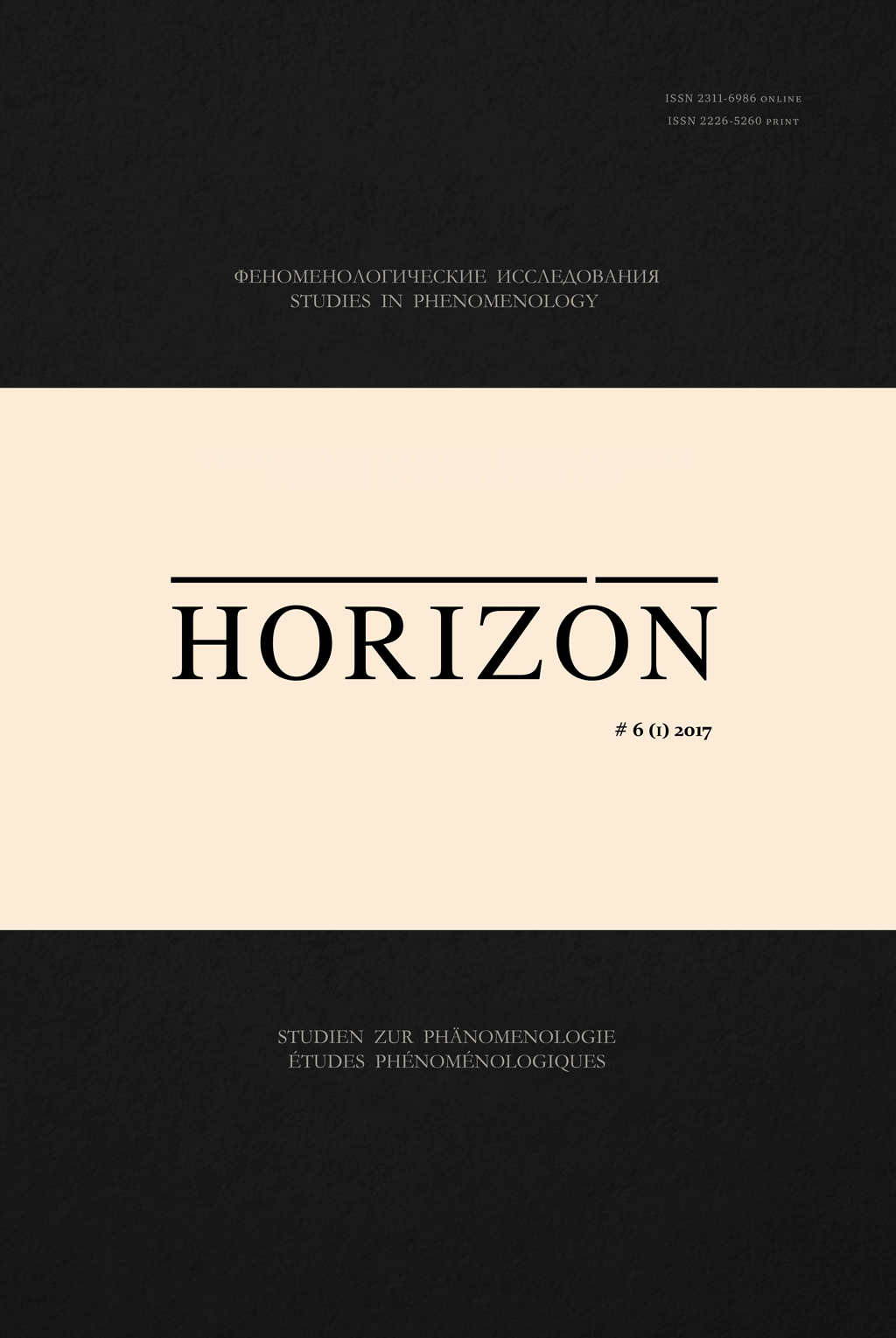ФЕНОМЕНОЛОГИЯ ГУССЕРЛЯ И ФИЛОСОФИЯ СВ. ФОМЫ АКВИНСКОГО. ПОПЫТКА СОПОСТАВЛЕНИЯ
HUSSERL’S PHENOMENOLOGY AND THE PHILOSOPHY OF ST.
THOMAS AQUINAS. ATTEMPT OF COMPARISON
Author(s): Edith SteinContributor(s): ANASTASIIA KARTCEVA (Translator), ALEXEI KRIOUKOV (Editor), Natalia Artemenko (Editor)
Subject(s): Phenomenology
Published by: Издательство Санкт-Петербургского государственного университета
Keywords: Edith Stein; Husserl; Thomas Aquinas; ontology; phenomenology; catholic philosophy; natural and supernatural knowledge; truths of faith; immediate and mediated knowledge; essential intuition
Summary/Abstract: This publication is a translation of the article by Edith Stein, a German-Jewish philosopher, inwhich she analyses and compares philosophical positions and theories of Edmund Husserl andThomas Aquinas. The selection of such central figures results from two main directions in Stein’slife and research: on the one hand, from phenomenological work as Husserl’s scientific assistant and editor of his manuscripts, and, on the other hand, from her conversion to Catholicism, whichled her to a detailed learning of Thomas Aquinas’ legacy and initiation into the Carmelitesreligious order. The challenge that Edith Stein offers in this work is to bring these two waystogether, to break the boundary between faith and knowledge and to show the possibilities ofproductive interaction between both phenomenological and scholastic methods. Despite their greatdivergences caused by historical background and different starting points of philosophical thought,Stein shows us, that these methods share common basic foundations and are able to complementeach other in solving philosophical problems arising from experience, knowledge and practicalaction in the world. Thanks to studies that have been undertaken, the author draws the conclusionthat the scholastic legacy of Aquinas could be promising for findings ways to deal with someinternal problems of Husserl’s phenomenological project and to overcome its limitation. The firstattempt of such a comparison that was realized in this article provides the basis for another ofStein’s works, namely her book Finite and Infinite Being (Endliches und ewiges Sein), where shetries to build her own ontological project based on the synthesis of the scholastics andphenomenology but is placed mostly in the coordinate system of Aquinas’ theoretical field.
Journal: Horizon. Феноменологические исследования
- Issue Year: 6/2017
- Issue No: 2
- Page Range: 329-357
- Page Count: 29
- Language: Russian

